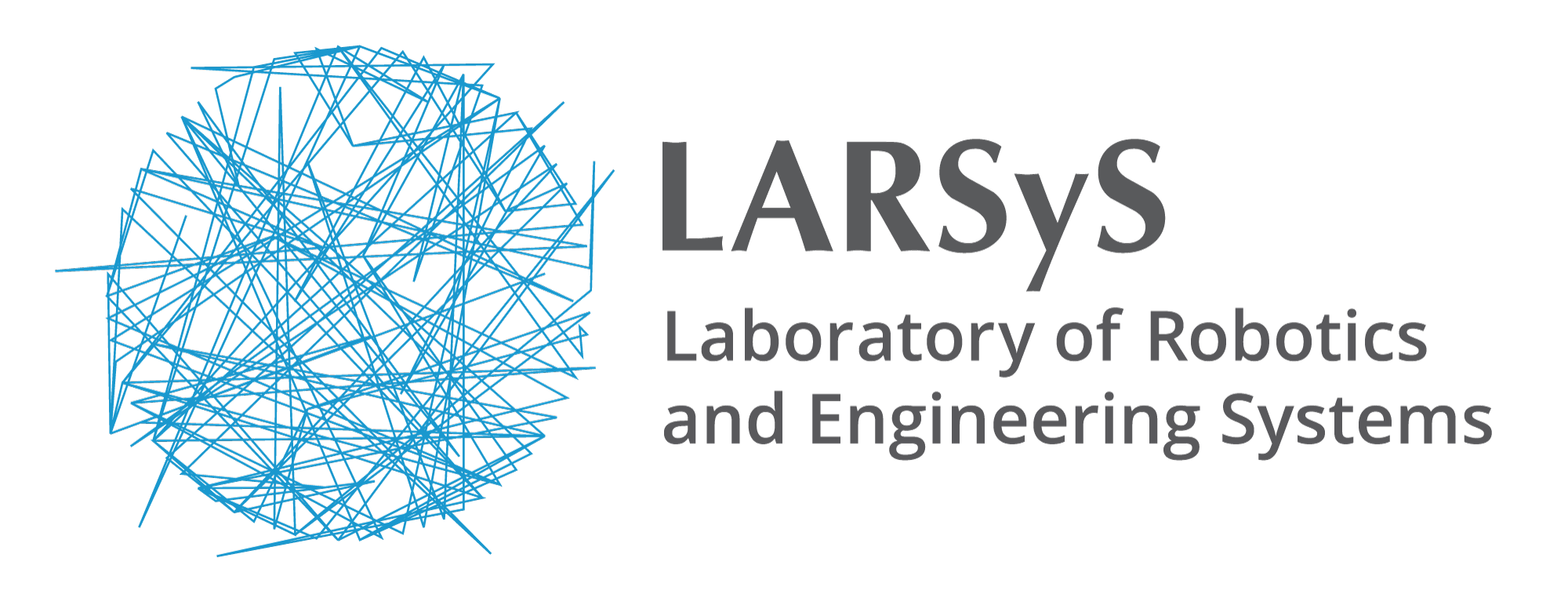Vision
In the area of OCEANS, LARSyS investigates advanced robotic systems and modern detection technologies, aiming at more efficient exploitation of new minerals, hydrocarbons and marine energy resources, and avoiding negative impacts on the marine environment.LARSyS also develops necessary risk prevention mechanisms and the design of an observatory based on data collected by satellites and ocean sensors.
The work on URBAN systems develops the knowledge base needed to collect and analyze information on urban environments (e.g. energy, environment, people, traffic) in order to visualize the state of the city in real time, and to help policy makers design the cities of the future. The Lisbon Region and Madeira Islands will be the case studies.
Research into AEROnautical and space systems is connected to the AIR Center and develops technologies for new small satellites, autonomous air vehicles, robotic missions systems at the international space station, and studies the impact of new manufacturing techniques on the aerospace and aeronautics industry.
In the BIOMEDICAL area, LARSyS investigates the processing of biological signals (EEG, ECG, fMRI) to improve medical diagnoses, with emphasis on diagnostic tools, computer braininterfaces, assistive technologies, and the use of bioinspired approaches to robotic systems.
Finally, LARSyS investigates how to design, build and promote a new generation of cognitive ROBOTIC systems, capable of interacting routinely with humans in different contexts (e.g. factories, homes, hospitals and public spaces), using machine learning and artificial intelligence.
